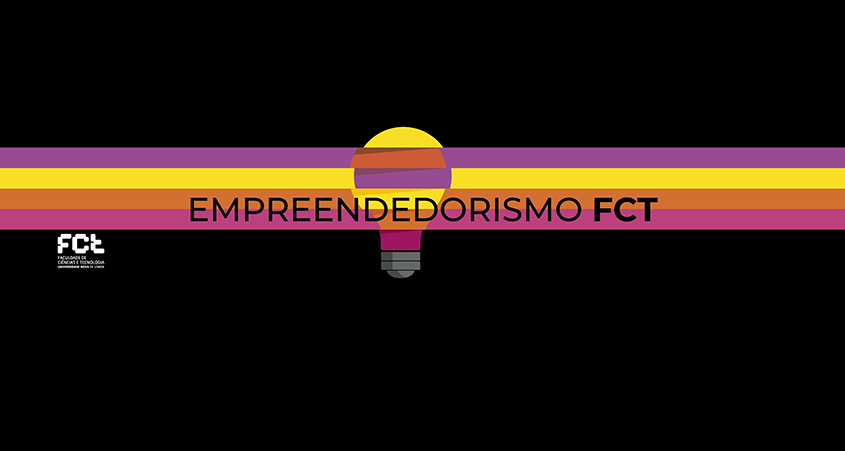Asseco sponsors the largest technological entrepreneurship course

Asseco PST has partnered with Nova University to sponsor the "Entrepreneurship FCT (Foundation for Science and Technology)" course. The initiative, which launches as early as January, is probably the largest technological entrepreneurship university course in Europe.
Promoted by the NOVA Science and Technology School, (FCT NOVA), this annual pioneering training programme in entrepreneurship involves over 1,000 students, a team of 12 professors, around 70 business guests and a final presentation of 250 pitches.
For Asseco PST, the sponsorship not only enables its visibility and connection to the academic world to be strengthened, making the brand accessible to students, but provides the opportunity to partner with one of the most prestigious higher education institutions in Portugal.
During training, Asseco will pose business challenges and listen to ideas from a group of students, as well as mentor a team of trainees. 60 entrepreneurship pitches will be presented towards the end, and Asseco will value the best business ideas that may give rise to future start-ups.
The course, which lasts five weeks, allows students, mainly those from science and engineering fields, to present their innovative technological ideas from the perspective of real implementation in the market. The training covers all stages of an entrepreneurial project, from design thinking and business model, to financial and communication plans, finishing with market pitches, which are then assessed by guest companies and entities.
This is the first time that Asseco PST has partnered with Nova University to sponsor the course, whose impact has been increasing year after year. Since its launch in the 2012/2013 academic year, the "Entrepreneurship FCT (Foundation for Science and Technology)" programme has trained around 7,500 master's students from 38 different science and engineering programmes, crediting 3 ECTS to each student as part of the European credit system, currently in place under the Bologna Process.